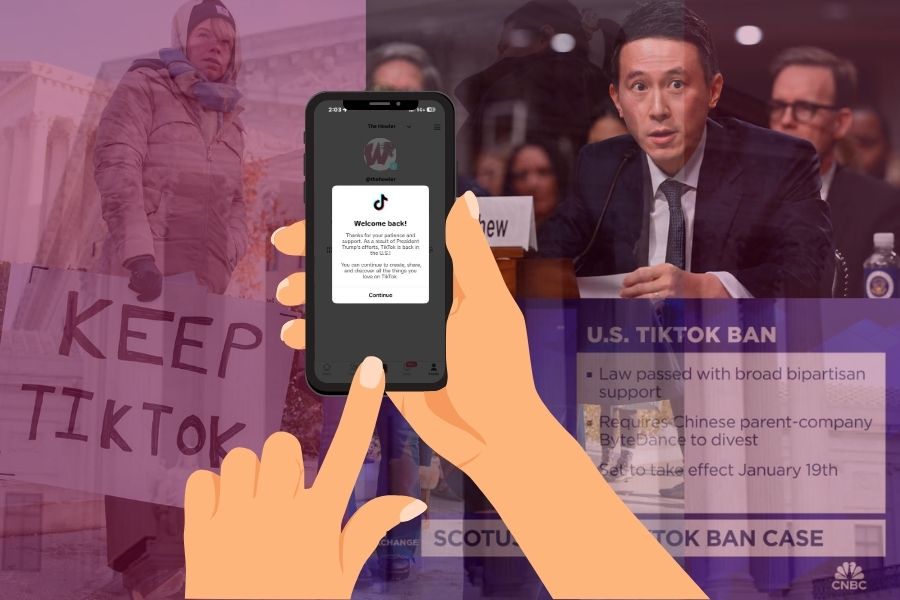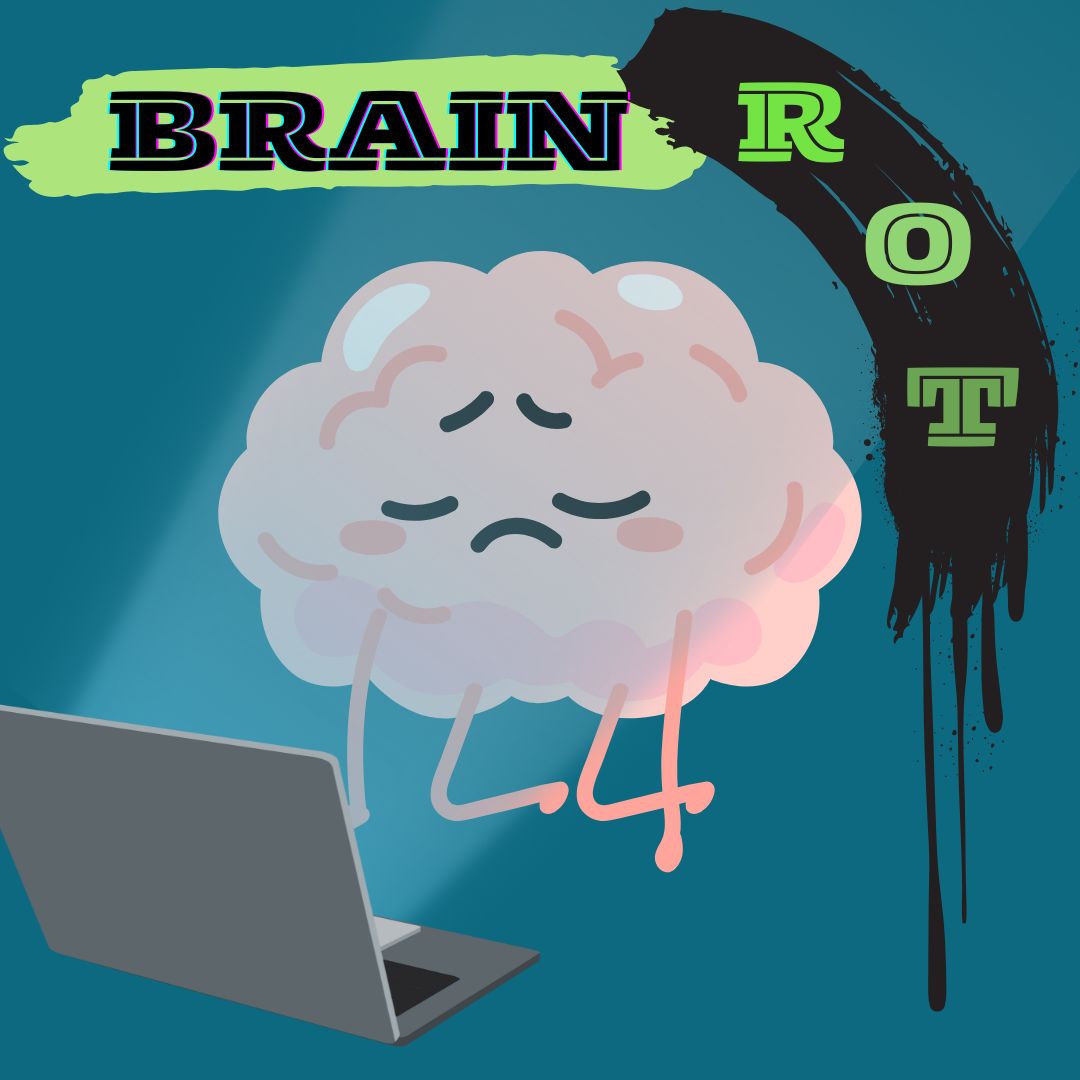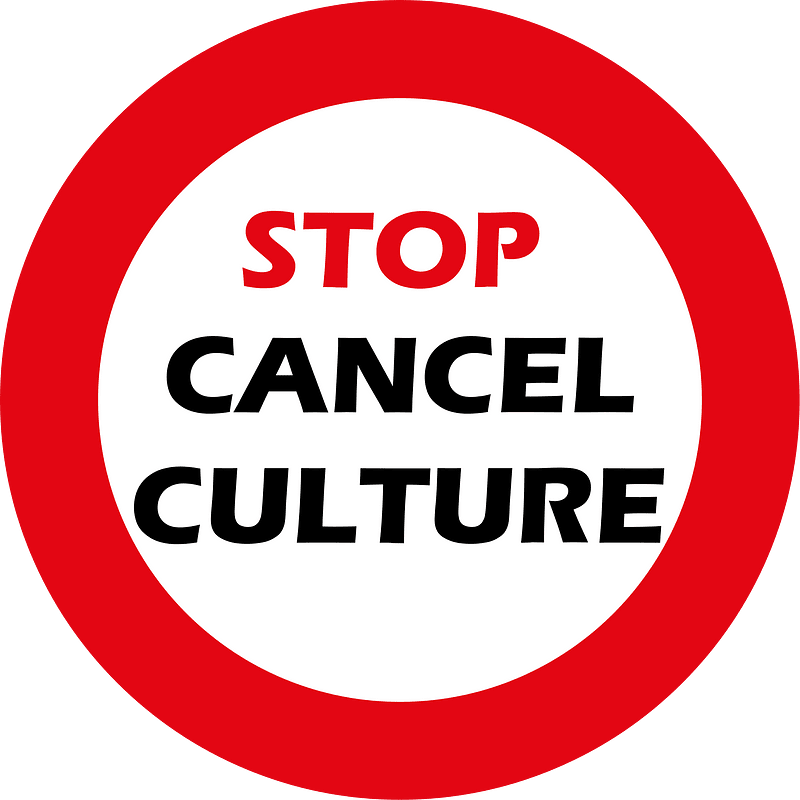
At the end of March in 2023, the State Board of Education in Florida voted to ban discussion of sexual orientation and gender identity throughout public high schools. To expand this scope, many books that deal with these topics are being challenged by conservative groups and parents. Books like “Call Me Max” and “All Boys Aren’t Blue” are called out in PTA meetings that request to pull them off the shelves in school libraries and English curriculums. However, state legislatures should be careful when deciding to ban books solely on public outcry. What should be considered is that these book bannings are done to silence stories and marginalize authors and can hurt their careers long-term.
In 2023 alone, the American Library Association reported that around 4,240 unique titles were targeted to be removed from the public, and around 47% of the titles were about LGBTQ+ and BIPOC experiences. According to the American Library Association, most book bannings are done by organized conservative groups. Their goals are to remove books about race, history, orientation and reproductive rights from children’s reading selection. In some unfortunate cases, conservative groups have cyberbullied and doxxed authors.
So what does this have to do with schools in North Carolina? Aren’t most book bans occurring in Florida? Recently, the trend is coming northward. The Charlotte-Mecklenburg school district prohibited the Ban Book Week, which defied bannings from other states and embraced the right to read. Granted, they would later step down from the ban, but it still was a terrifying moment for students and libraries in the district. We are likely to see other incidents of this occur in school districts across North Carolina.
There is an argument to be made that books getting banned actually increases publicity for the author. This in turn allows for more sales as readers are attracted to the ¨controversial¨ nature attached to that piece of literature. That argument has some ground, for example the banning of Art Spiegelman’s “Maus” in Tennessee school districts allowed for skyrocketing sales for the book in that state.
This, however, seems to be fluke and not a pattern for all books. As book bans have been steadily increasing in the past year, authors have noticed an overall drop of sales long-term, especially to smaller titles. Kyle Lukoff´s “Call Me Max” has failed to be a hit after the book´s banning in Florida. The increasing trend of banning books is overwhelming to many authors and hurts their chances of their voices getting the chance to be heard across the country.
The state of the safety of school libraries is now more rocky than it has been in the past few years. As queer and POC authors face repeated challenges from parents and groups, their books will be pulled out of bookshelves and won’t connect to kids that feel isolated for who they are.
With North Carolina now in the crosshairs of this battle for literature, we must make sure we keep an open mind when it comes to our reading decisions. Be brave and try something new even if it makes you uncomfortable. Reading is a powerful tool, and shouldn’t be discredited because one individual doesn’t like the content of it.













